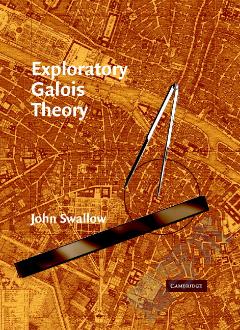Conspiracy Theory in Turkey
Turkey is witnessing an era of political upheaval. From the Gezi protests attempted military coup of 2016, the concept of `post-truth' plays a significant role in Turkish politics today. In the chaos of conspiracy theories, hidden enemies and post-coup purges, the unreal merges with the real, fuelling political repression and anti-government sentiment alike. Julian de Medeiros here analyses the many unfolding challenges of Erdogan's New Turkey, and shows how a fixedly Turkish-style of `post-truth' has taken root. Examining the relationship between conspiracy theory and `post-truth', this book sheds light on the strategies of political paranoia that threaten to undermine the success of Turkey's democratic model. De Medeiros argues that both the Gezi protests and the failed coup attempt need to be considered alongside the emerging anti-democratic and conspiratorial tendencies of an increasingly authoritarian Turkish government. As Turkish democracy continues to evolve with breath-taking speed and unpredictable outcomes, de Medeiros shows how the rise of paranoid politics in Turkey constitutes patrend towards post-truth narratives. He situates Turkish democracy as subjeresurgence of strongman leadership and antagonistic populism. Conspiracy Theory in Turkey presents the very first critical account of the Turkish model of a `post-truth politics'. Through a counter-intuitive analysis of conspiracy theory and paranoid politics the book disentangles the real from the unreal and chronicles the emergence of post-truth in Turkey today.
{{comment.content}}








 京公网安备 11010802027623号
京公网安备 11010802027623号